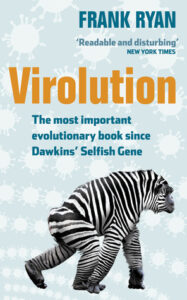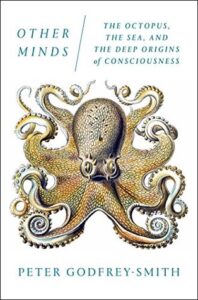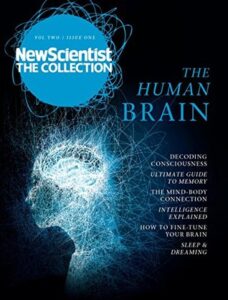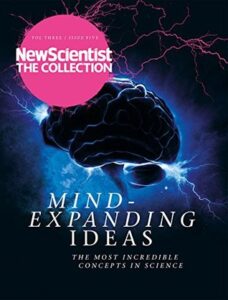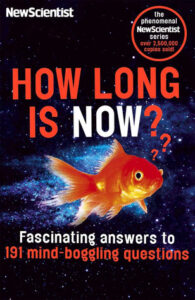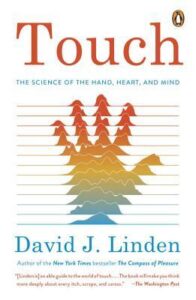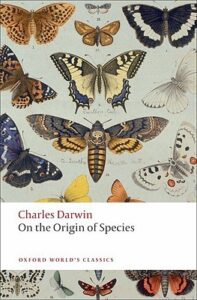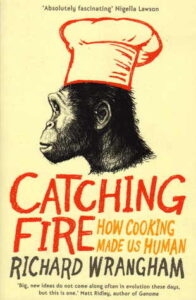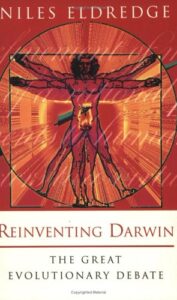 Reinventing Darwin, Niles Eldredge
Reinventing Darwin, Niles Eldredge
The most prominent phrase in this book by far is “we naturalists”, which I think demonstrates pretty well the ideological stance of the author. Niles Eldredge begins by setting the scene: the “naturalists”, people like himself and Stephen Jay Gould, vs the “ultra-Darwinists”, like Dawkins. The naturalists have a more nuanced view of natural selection, while the ultra-Darwinists think selection occurs on genes and genes alone (according to Eldredge). This book is a debate about the fine details of natural selection, not about whether it happens: “Darwin demonstrated without a shadow of a doubt that natural selection is an ineluctable law of nature” (p.12), “No one doubts that Darwin’s theory of evolution by natural selection is correct” (back cover) — so if you’re in any doubt about evolution itself, this won’t convince you.
I don’t know whether science has sorted out a lot of this dichotomy yet, or whether you don’t see it at BSc level, or if the structure of the Open University is such that you happen to get exposed to both views, but I didn’t think of the debate in these starkly delineated terms at all. I’ve been taught principles espoused by both sides, in a kind of synthesis. Of course, it probably also helps that I’m coming in from outside, but either way, I see value in both sides of the debate.
Eldredge manages to be reasonably even-handed, despite the “we naturalists” refrain, and sets forward a good case for species sorting, punctuated equilibria, stasis, etc. Even though my training leans toward the genetics end of things, because I find the biochemistry fascinating and ecosystems less so, I can’t think of anything I vehemently disagreed with, except that refrain of “we naturalists” — which started to come across as needlessly divisive, given that plenty of people sit somewhere in between.
Of course, this is from 1995, so it’s not the most up-to-date text; to me, it was kind of interesting because it fossilised attitudes at the point Eldredge was writing. I don’t think anything in it was new, surprising or controversial to me. The style was rather dry and repetitive (we get it, we get it, “you naturalists” are not denying natural selection); I’m told Gould was a better prose stylist, so that’s probably where I’ll turn next.
Rating: 3/5
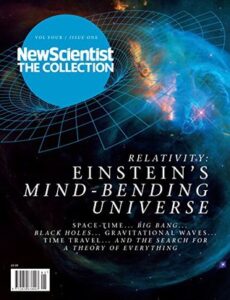 Relativity: Einstein’s Mind-Bending Universe, New Scientist
Relativity: Einstein’s Mind-Bending Universe, New Scientist

